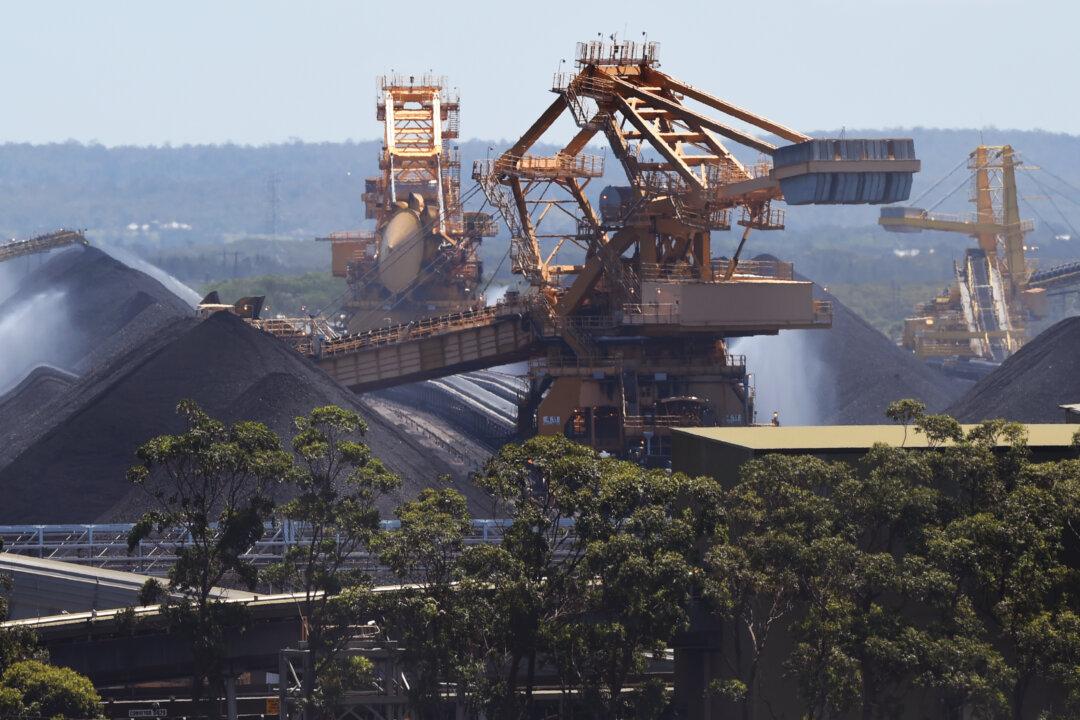The first official shipment of Australian coal has landed in China as Beijing scrambles to “normalise” relations with the new Labor government.
Around 72,000 tonnes of metallurgical coal arrived at Zhanjiang Port on Feb. 8 in the southeast of China, the first in two years after economic sanctions were placed on Australian exports in 2020.





